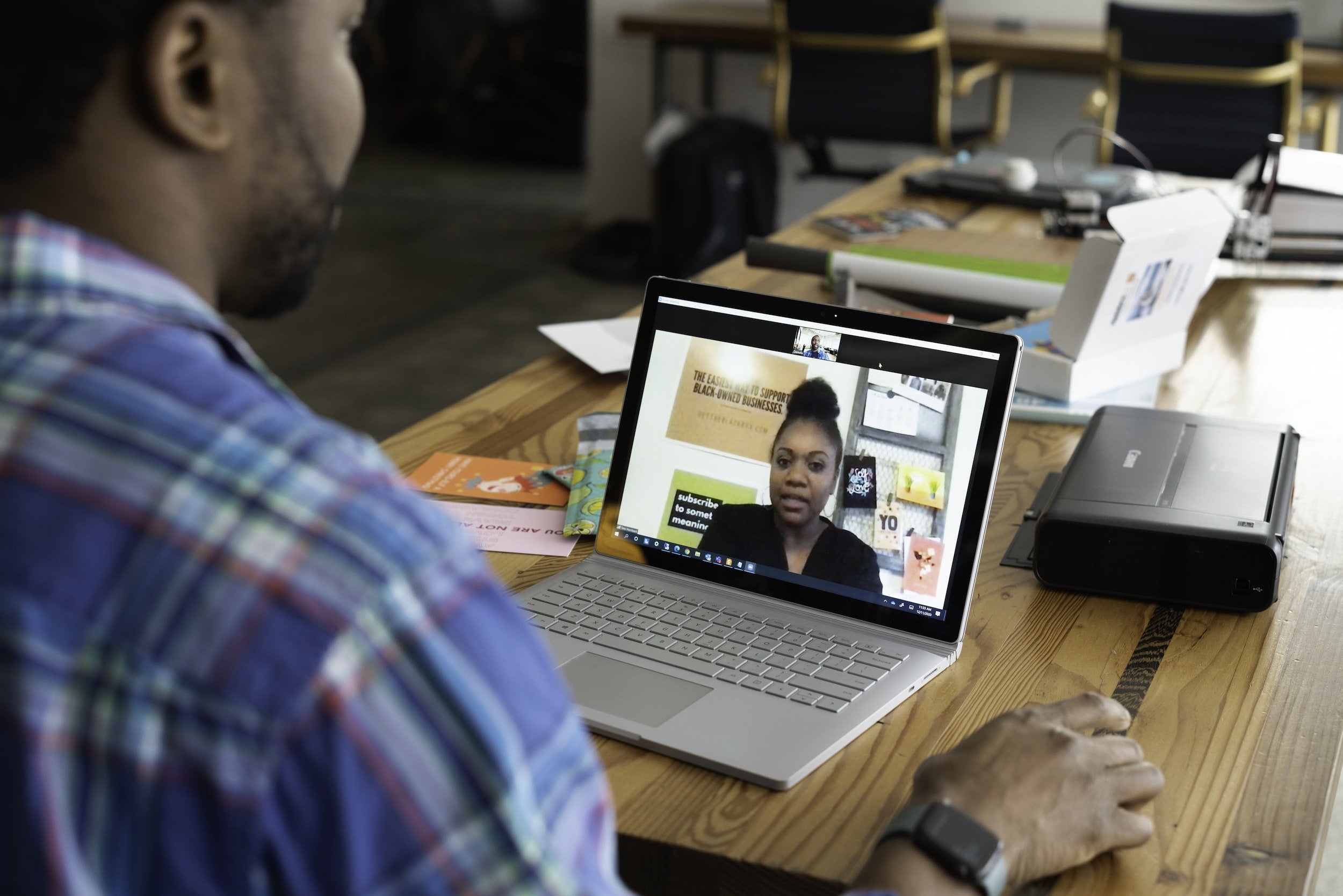How to Ace the Job Interview
By: Heather Lipman
This is the first of a three-part series designed to strategically move you through the interview process from the moment you get the interview until the moment you accept the employment offer.
Now that your resume is polished to perfection and interview invitations are rolling in, what’s your game plan? Unfortunately, “I’ll wing it” just won’t work – the competition is too fierce.
Candidate Competition Search
Run a quick LinkedIn search of:
Your current title
Your current industry
And your desired or current location
The search results reveal a real-world estimate of your potential competition. Understand that if a particular job advertisement looks attractive to you, it likely looks appealing to at least half of the people returned in your ‘candidate competition’ search.
So how do you plan to outshine your competition? Still want to wing it?
Interview Invitation Hacks (“backed by science”)
Have you ever said to a friend, or a colleague, “just get me the interview…” inferring you’d be a shoe-in for the role if only the hiring team knew of your existence? Well if so, congrats. That (of course in humble moderation) is precisely the type of “winning attitude” you need to go in there and knock some socks off. But what if you never get that phone call? Or that email? And “your spot” to interview is haphazardly and quite mistakenly given to someone else? Some far less qualified and less exuberant candidate?
If you believe it - make them see it. Never assume that because you know you’re the right fit, others will too. Joel Griffith published an extremely valuable article earlier this year entitled, “60 Job Search Tips That Will Get You Hired (Backed by Science)” which specifically address a plethora of ways to increase your chances of being invited to interview. Like it or not, you are responsible for promoting your candidacy from the moment you read the job description until the moment you advance up or resign.
All-Star Interview Prep
The same careful and informed thought you invested when creating your resume to gain employers’ attention needs to be invested into your interview strategy. You may be thinking “Wow! This is a lot of work!”, and you’re right. Why shouldn’t it be? You’ve devoted a lifetime to building your career; great preparation, looking your best and confidence will go far.
If world-class athletes prepare for their big games, why shouldn’t corporate (or nonprofit) professionals do the same?
Let’s stay on this track of likening your interview strategy to that of a football game. A skillfully prepared resume is like a game-changing catch; a solid interview strategy is how to design the “winning play”; and an outstanding interview performance (with follow-up) will earn you the right to show off your moves in a celebratory end-zone dance.
So let’s break it down, play-by-play:
Pre-Interview Prep Work
Know Your Interviewers…they’ll know you.
If you don’t know with whom you’ll be interviewing, use LinkedIn to try and map out a logical best guess. Search the company location associated with the open role and browse current employee profiles in the same department who likely manage or oversee the open position.*
For example, if you’re interviewing for a Sales Development Role with Superstars Inc. in Los Angeles, try and identify the VP of Sales or the Sales Manager for Superstars Inc. in Los Angeles.
*Tip: Check the job description to see if it states to whom the open role will report.
If you still can’t figure it out, at the very least, search LinkedIn, Google, and other relevant industry-specific material for recent headlines to find out more about the company, its current plans, wins, and losses. The point here is to demonstrate that you’ve done your research.
Learn about Your Interviewers
Spend some time studying the backgrounds of those with whom you’ll meet/speak/video chat with during your interview.*
1. What has been their career progression?
a. Where did their career start?
b. What path did they take to secure their current position?
c. Is their path similar to yours?
d. Can your career experience compliment areas they lack?
2. What are their interests?
a. Search LinkedIn, Twitter, and popular industry blogs for recent posts
b. What content have they “liked”?
c. Whom do they follow?
d. Are they active members of any specialty/niche groups?
*Tip: Get a feel for their favorite thought leaders, hot topics, etc.
Self-Reflection: Review Your Resume
I can’t stress this point enough; study your own experience! Don’t be overwhelmed by minute details, but arm yourself with the following major points:
Your biggest accomplishments/contributions
The scope of responsibility, e.g. annual budget and/or team size
Challenges you’ve overcome
Pre-Interview Research Wrap-Up
By now you’ve collected several data points about your interviewers, the company, and your own value as a candidate. You don’t need an essay, just a few bullets on each will suffice. These will act as talking points to spark meaningful conversation during your outstanding interview performance, which I’ll discuss in the next post.
So grab your chai tea latte or nitro cold brew and get started – that end zone is almost in sight!



